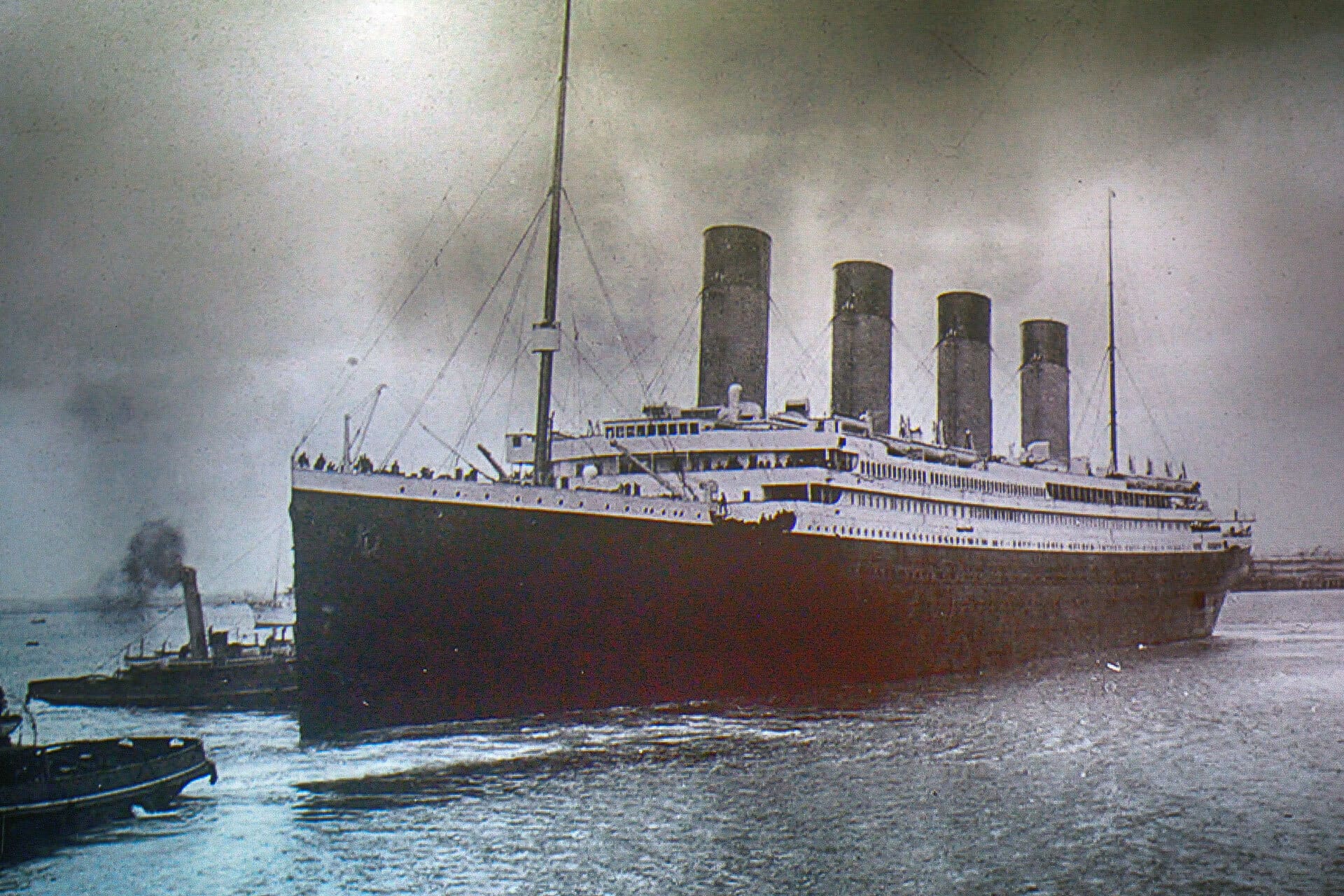Navigating Market Uncertainty: Lessons Traders can Learn from the Sinking of the Titanic
Navigating Market Uncertainty: Lessons Traders can Learn from the Sinking of the Titanic
By Katie Gomez
Over a century later, the tragic sinking of the Titanic marks its somber anniversary on April 15th, prompting us to reflect on this enduring disaster, which still resonates as a metaphor for unforeseen catastrophes, even within the realm of stock trading. What insights can traders glean from an event that occurred over a hundred years ago?
Imagine the market as an expansive Arctic Ocean, riddled with lurking icebergs poised to wreak havoc on traders’ portfolios and confidence. Without adequate knowledge and preparation, traders are vulnerable to striking these unseen hazards, leading to potential losses and eroded confidence. By examining the lessons from the Titanic disaster, traders can better grasp the significance of risk management and readiness amid unexpected market shifts.
The Illusion of Invincibility: Overcoming Market Overconfidence

Overconfidence poses one of the most formidable obstacles to beating the market. The moment we presume that past successes guarantee future triumphs, we falter. Trading demands a perpetual student mindset—a willingness to learn from missteps, adapt, and expand our toolkit. Successful traders never rest on their laurels; they perpetually strive forward. Believing that past achievements alone define success robs us of our efficacy.
The Titanic’s unwarranted reputation as “unsinkable” reflects the peril of overconfidence in decision-making. While seemingly distant, this comparison underscores the potency of unchecked ego and our inclination to defend, bolster, and feed it instead of acknowledging vulnerabilities or unanticipated setbacks. The market mirrors the ocean’s volatility and unpredictability. Deeming a ship “unsinkable” exemplifies an ignorance of nature’s perils. Similarly, while the market offers opportunity, it guarantees no safety from its capricious currents, storms, or hidden obstacles, like icebergs.
Overconfidence blinds traders to inherent market risks, fostering potentially ruinous outcomes. Overconfident traders may undertake excessive risk, neglect portfolio diversification, or overlook essential stop-loss strategies. Emotional decision-making, driven by greed or fear, can prompt impulsive trades or prolonged asset retention beyond prudent analysis.
Sustaining a modest, pragmatic trading approach is indispensable for enduring market success. Embrace the reality that we lack omniscience and acknowledge the market’s capriciousness. Openness to learning from mistakes and acquiring new insights is key. Eschew ego—a pitfall akin to the Titanic engineers’ hubris.
The Iceberg Analogy: Navigating Market Uncertainties

Ironically, the Titanic succumbed to an unseen obstacle—the crew glimpsed only the iceberg’s tip, oblivious to its depth and devastation potential. This analogy underscores the danger of underestimating market complexities, analogous to the Titanic crew’s misjudgment. Visible market facets—economic data, company financials, and trends—comprise the iceberg’s tip.
Concealed beneath lies a trove of unforeseen factors and risks—geopolitical shocks, sentiment shifts, or undisclosed corporate issues. Relying solely on visible data may leave traders vulnerable to unforeseen events, much like the Titanic’s crew.
Traders must adopt a strategic, comprehensive approach, akin to chess players anticipating adversaries’ moves. Risk management, adaptability, and ongoing learning are essential shields against market uncertainties, mirroring the vigilance required to navigate submerged market risks.
In conclusion, the Titanic disaster echoes timeless truths relevant to modern traders. Technological advancements notwithstanding, human fallibility—be it hubris or oversight—endures. Traders must acknowledge the market’s inherent unpredictability. Surrendering ego, embracing humility, and respecting market volatility are pivotal to safeguarding assets amid uncertainty.
